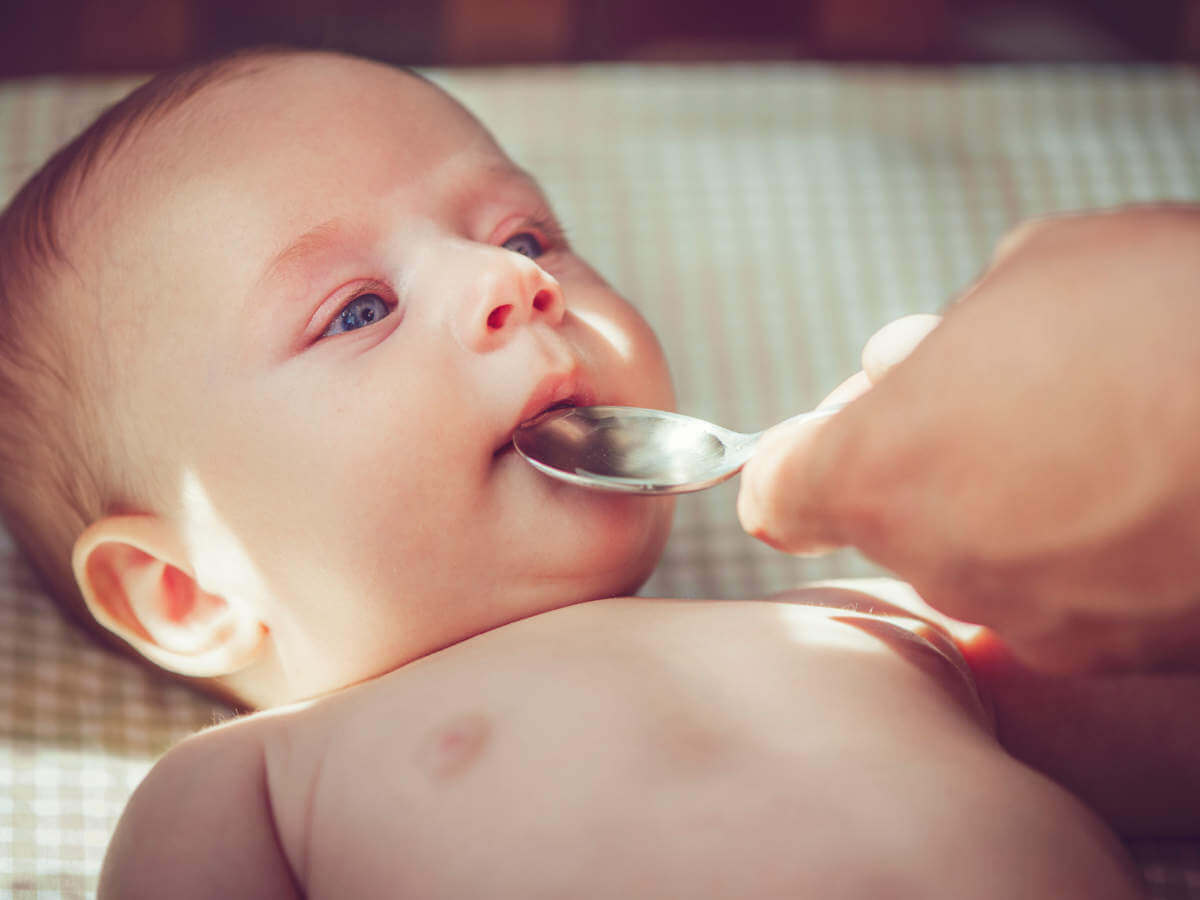Your Complete Guide to Gripe Water for Babies

Index Of The Blog
When babies cry all the time, there are many reasons why they could be upset. Perhaps they are hungry, tired, or in need of a new diaper. Sometimes, though, babies cry because they have colic or another gas-related problem. If excessive gas is making your baby uncomfortable, try giving him or her a dose of gripe water.
Understanding Gripe Water
Gripe water dates back to the 1800s, and it’s made of baking soda, also known as sodium bicarbonate, and water. Some manufacturers add lemon balm, peppermint, ginger, and other plant-based products that help soothe your baby. Earlier forms of gripe water included alcohol, but the majority of manufacturers no longer use it.
Thanks to these gentle ingredients, Wellements organic gripe water helps soothe gas-related symptoms such as stomach pain, hiccups, and excessive crying. It also calms your baby down, making it easier for him or her (and you) to get some much-needed rest.
Giving Your Baby Gripe Water
If you’re interested in giving your baby gripe water, consult with your doctor first. Particularly if your baby has digestive issues, your physician can recommend whether gripe water is the best choice for you. He or she can also steer you away from brands that contain sugar, gluten, and dairy.
Once you have your physician’s approval, the best time to give gripe water depends on your baby’s feeding schedule. Usually, it’s best to give gripe water right before or just after your baby eats. However, if your baby burps right after eating, gripe water is only necessary if he or she starts crying or hiccuping. Keeping track of your baby’s symptoms and when they occur is just as important as administering gripe water.
The amount of gripe water that you should give at one time depends on your brand, so read the container carefully before adding it to your baby’s bottle. Generally, your baby should not drink gripe water more than six times a day, but the ingredients are mild, so don’t panic if you accidentally give seven doses. Also, if you’re following the manufacturer’s recommended dose schedule and your baby’s crying does not stop, talk to your doctor again.
Promoting Gripe Water’s Effects
To speed up gripe water’s effects and keep your baby as comfortable as possible, put your baby in an upright position during feedings. This may not be an option if you’re breastfeeding, but if you use formula, sitting upright helps gas to escape your baby’s belly more quickly. Also, avoid diluting your gripe water to make it easier for your baby to drink. While combining the water with milk and formula doesn’t make it dangerous, mixing gripe water does reduce its effectiveness.
Both before and after your baby takes gripe water, make your child as comfortable as possible. Rub your baby’s belly and back, and cuddle with him or her in a rocking chair. Try swaddling your baby or listening to calming music to bring your little one’s crying down.
Promote your baby’s health and comfort by administering gripe water before or after feedings.













